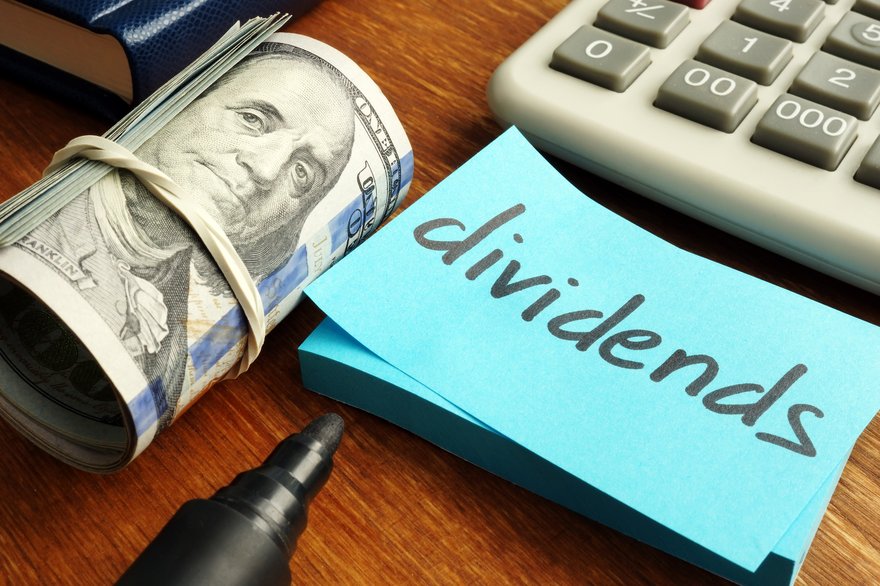Investing in dividends can be a tantalizing path to financial prosperity, offering a steady stream of income and the promise of compounding growth. However, navigating the landscape of dividend investments can be rife with pitfalls and challenges.
From high-yield stocks that seem too good to be true to blue-chip companies with a long tradition of payout reliability, the choices are myriad, each with its own set of risks and rewards. Do you know the best strategies to harness the power of dividends? Or are you falling for common misconceptions that could drain your portfolio? Whether you’re a seasoned investor or just starting your journey, this exploration will equip you with crucial insights to identify the best—and worst—ways to invest in dividends, ensuring that your foray into this enticing world is both informed and strategic.
Introduction to Dividend Investing

Dividend investing is a time-honored strategy that appeals to those seeking both income and growth from their portfolios. At its core, this approach involves purchasing shares of companies, often among the United States highest dividend stocks, that distribute a portion of their profits back to shareholders, often in the form of regular cash payments. It’s not just about the immediate rewards, though; dividend-paying stocks can also signify robust and stable businesses with a commitment to returning value to investors.
However, this seemingly straightforward investment path is not without its pitfalls. The allure of steady income can sometimes cloud judgement, leading investors to overlook factors like dividend sustainability and the overall health of the underlying business.
As you delve into the intricacies of dividend investing, it becomes clear that understanding the landscape can mean the difference between cultivating a bountiful income stream and falling into costly traps.
High-Dividend Yield ETFs: A Diversified Approach

High-dividend yield ETFs offer a compelling pathway for investors seeking regular income while maintaining a diversified portfolio. By pooling together a wide assortment of dividend-paying stocks from varying sectors, these funds mitigate the risks associated with individual stock ownership—think of them as a safety net in a sometimes volatile market.
Imagine holding a tiny piece of established companies, from utilities to consumer goods, each contributing to your income stream. This variety not only cushions against specific industry downturns but also enhances the potential for capital appreciation over time.
Moreover, the convenience of a single investment vehicle—where dividends are reinvested or distributed to your account—simplifies the often-tedious task of tracking multiple dividend stocks. With the right ETF, investors can enjoy a harmonious blend of growth and income, paving the way toward a balanced financial future.
Dividend Reinvestment Plans (DRIPs): Compounding Your Returns

Dividend Reinvestment Plans (DRIPs) hold a unique allure for investors seeking to amplify their returns over time. By automatically funneling dividends back into the purchase of additional shares, these plans transform what might seem like modest payouts into a powerful compounding tool.
Imagine receiving dividends on a regular basis—sometimes just a few dollars—but instead of cashing them out, they are used to acquire more shares, which in turn generate their own dividends. This cycle of reinvestment can create a snowball effect, gradually increasing not only your share count but also your income potential.
However, while DRIPs can supercharge your wealth across the long haul, investors must remain mindful of the stock’s performance and overall financial health. After all, unchecked growth in a faltering company may lead to losses that overshadow those initial gains.
Conclusion
In conclusion, investing in dividend stocks can be a rewarding strategy for those seeking steady income and long-term growth. By carefully evaluating the best practices, such as diversifying your portfolio and choosing high-quality dividend-paying companies, investors can maximize their returns while minimizing risks.
However, its equally important to be aware of the pitfalls, such as chasing high yields without understanding the underlying business. With the United States showcasing some of the highest dividend stocks in the market, investors have a wealth of options, but diligence and informed decision-making are key to navigating this landscape successfully.
Ultimately, a balanced approach that harmonizes risk and reward will pave the way for a fruitful dividend investment journey.
 HQ Grande Prairie HQ Grandie Prairie is an online news portal aimed at providing latest day to day happenings of the World to its viewers.
HQ Grande Prairie HQ Grandie Prairie is an online news portal aimed at providing latest day to day happenings of the World to its viewers.

